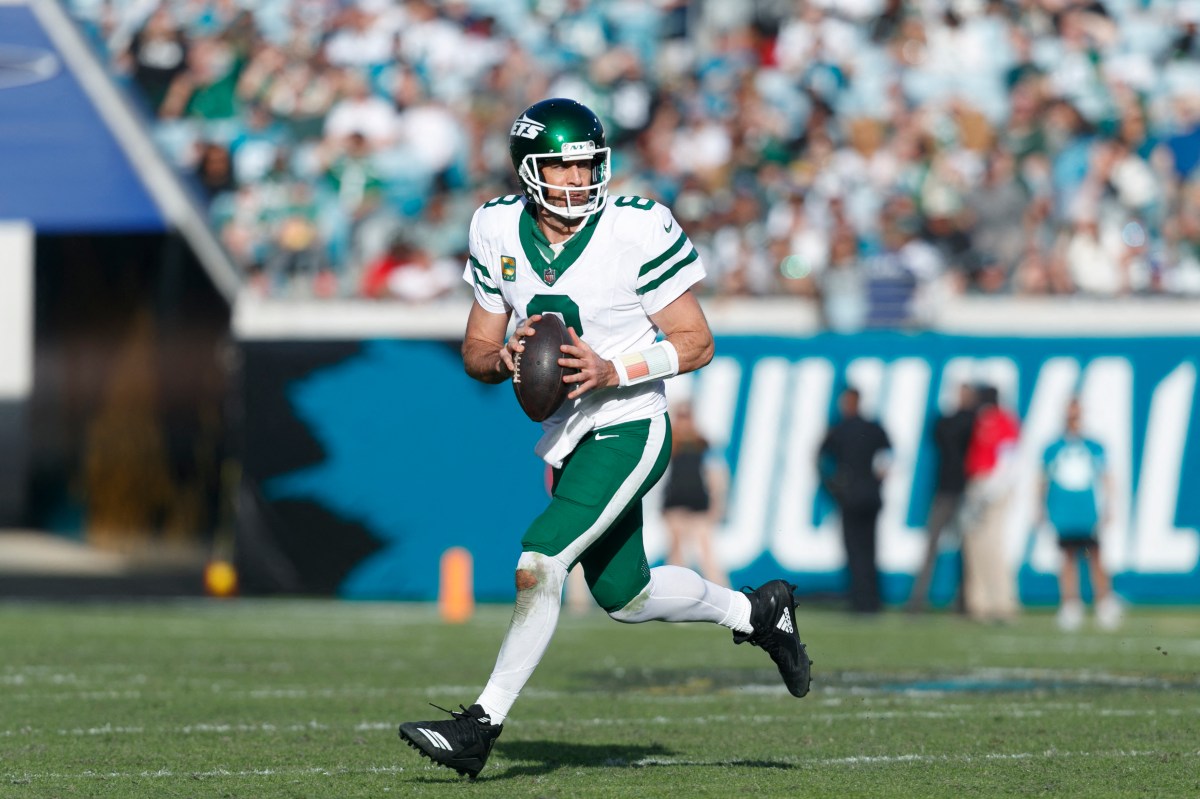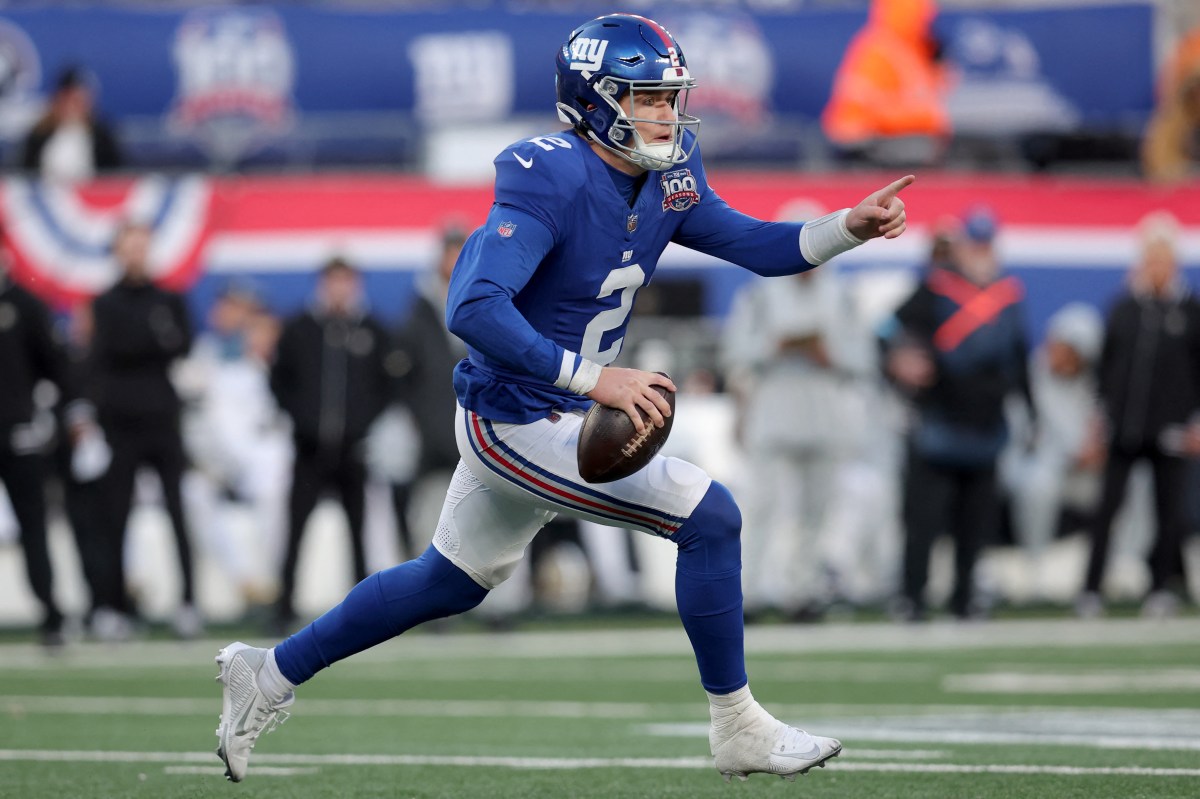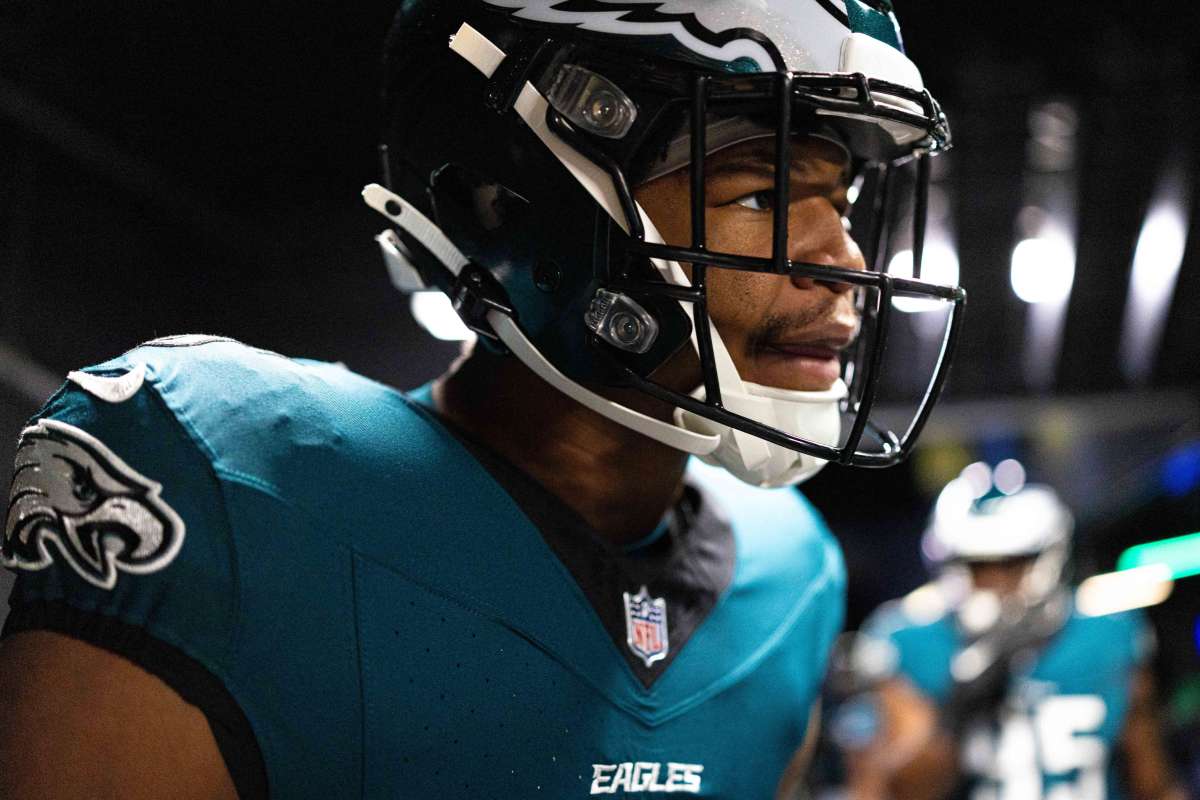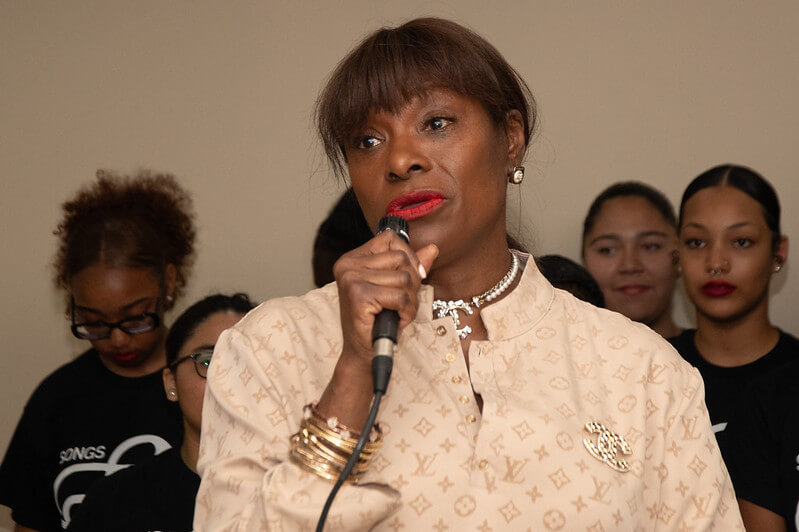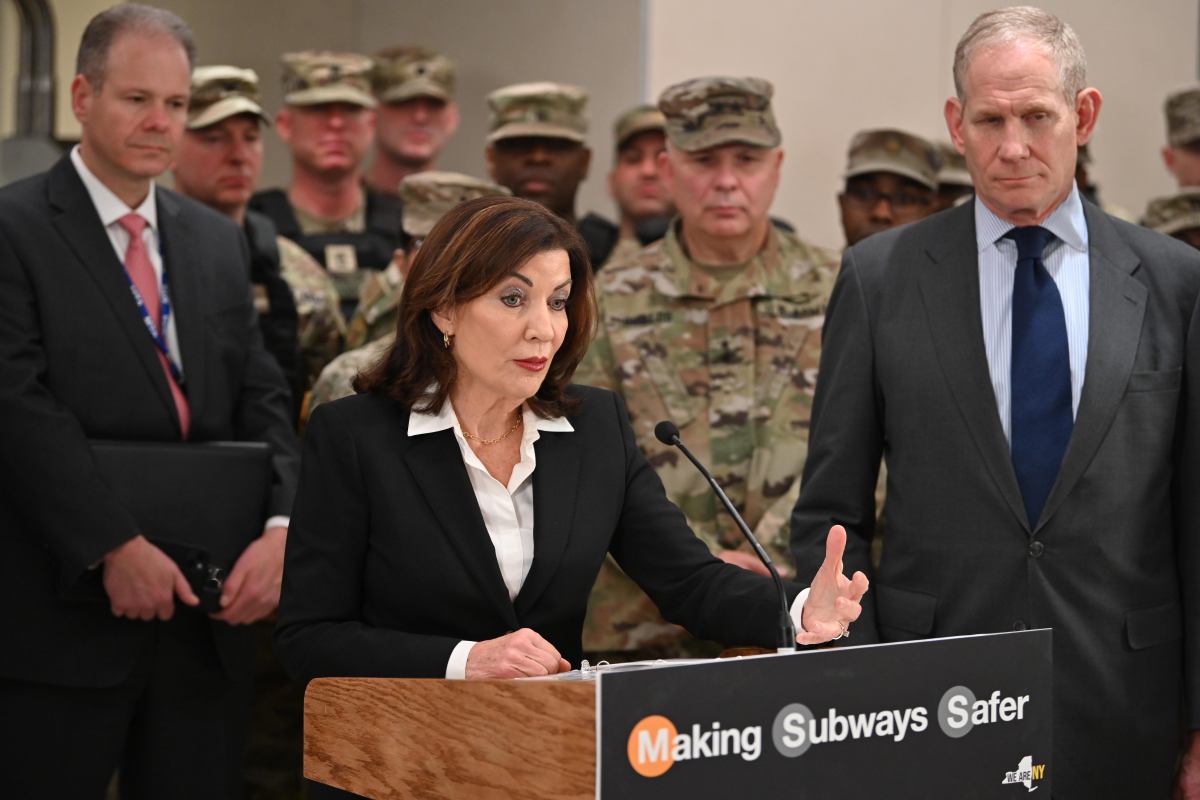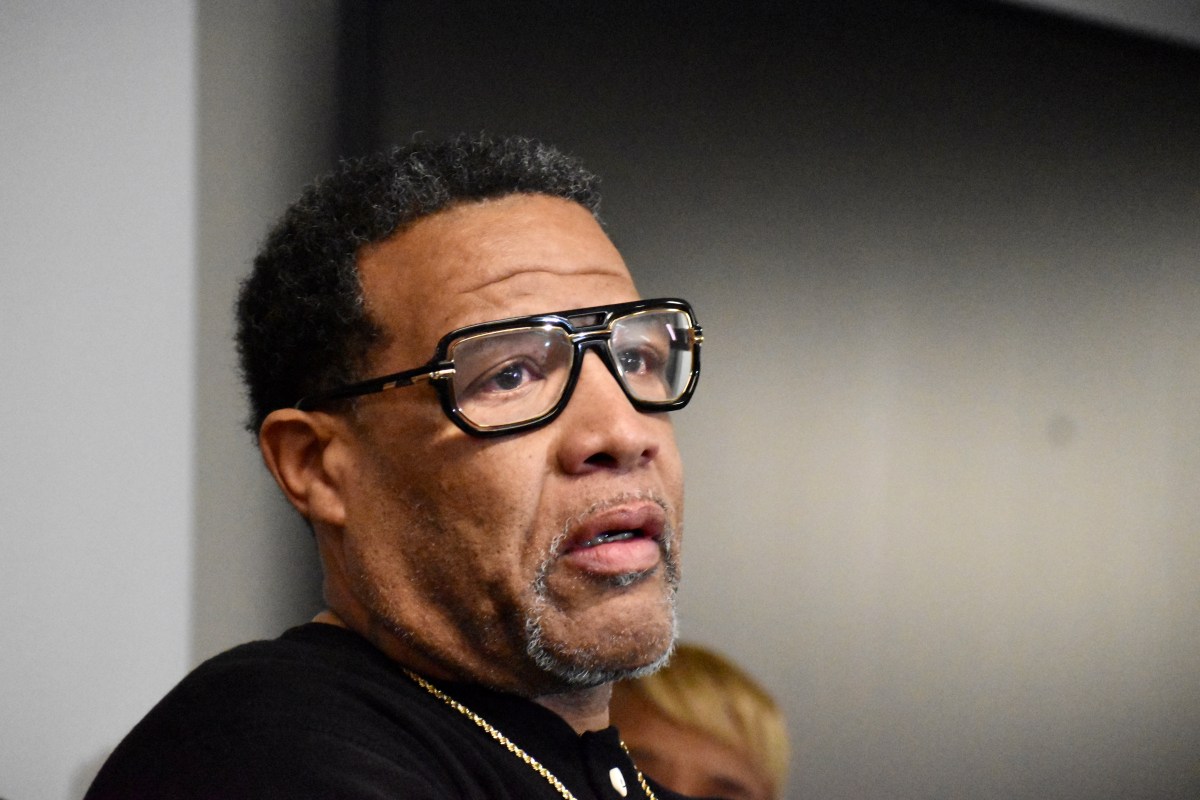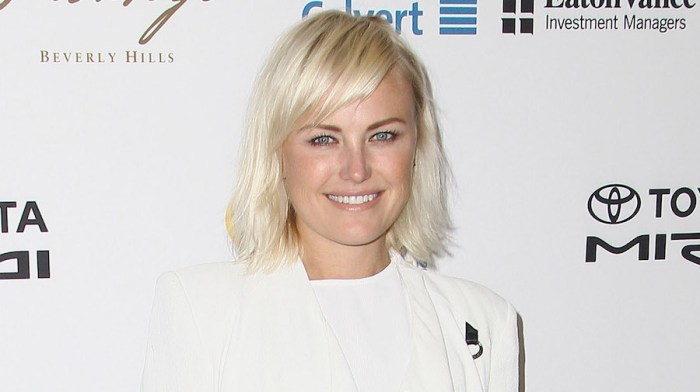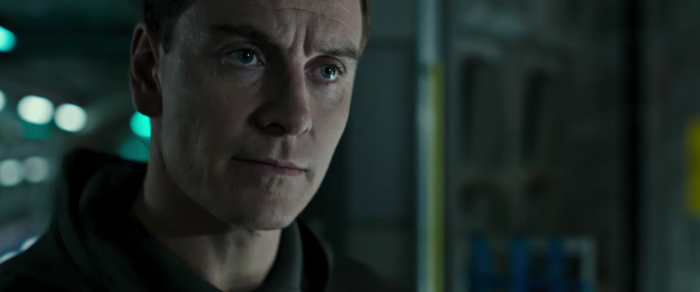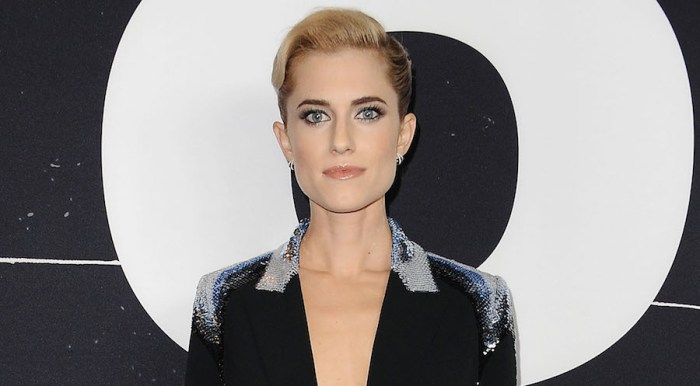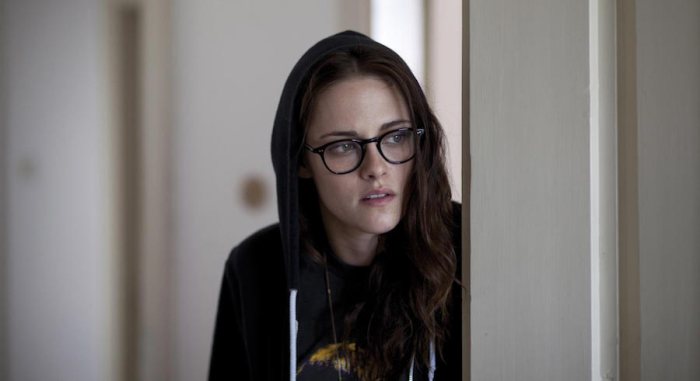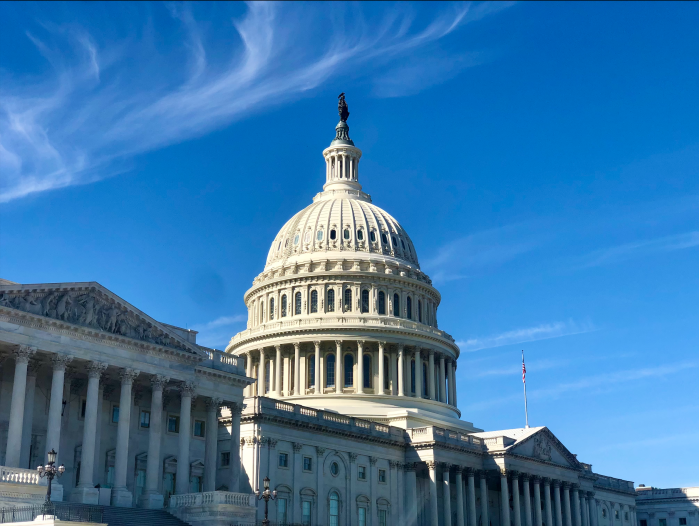‘Mulholland Dr.’ The second to last David Lynch movie was famously almost a TV show. “Mulholland Dr.” was to be the filmmaker/transcendental meditation spokesman’s return to television after the disastrous second season of “Twin Peaks” and the quickly canceled “On the Air.” He shot a 90-minute pilot, and like many before and after it, it was instantly rejected. (Lynch claims on the film’s new Criterion set that the executing exec watched it at 6 a.m. while exercising and making calls.) But not everyone is David Lynch, meaning not everyone has French financiers who will come to their aid. Lynch found himself with enough money to transform it into a theatrical movie, but he didn’t go the easy route. Or, rather, he did: He simply presented the pilot as it was shot, then tacked on an additional 45 minutes, which didn’t so much wrap things up as drag it into a more phantasmagorical (and R-rated) ether. RELATED: “Love” is 3-D art-porn with real sadness and real schlongs Watching “Mulholland Dr.” again in the midst of this Second Golden Age of Television makes it feel rich and strange in a different way than most Lynches. We expect the non-sequitur weirdness, the unplaceably off moods, the moments and sequences that occupy a space between reality and dreams. We know there will be an element of camp vaguely reminiscent of another ’70s midnight movie god, John Waters. (For one, both like to drudge up faded, and now aged, icons. “Mulholland Dr.” boasts Ann Miller and soap star Chad Everett, just as Waters likes to grab the likes of Tab Hunter and Patty Hearst.) We know that Lynch will never explain the meaning of what happens, and maybe we know to just go along with it. Instead of “solving” “Mulholland Dr.” like a puzzle, we can tease out usual Lynch obsessions, like the slippery notion of identity, secret societies and, in this case at least, the annoyances of Hollywood. But we also experience two mediums at war with each other. TV and film have different looks, different means of communication and very different pacing. Film is jam-packed, trying to cram a story in two hours or so. TV is episodic, not only in that there are actual episodes, but in that it rarely wastes a scene. They have to be long, ironically because TV shooting is much quicker. If you’ve grouped everyone on a set, it tends to not be for something that lasts only 20 seconds of screentime. TV makers have to be more economical with their time and resources, and they also have to recognize that, for viewers, TV watching tends to be less intense moment-by-moment than it is with a film. At home the attention is easier to sag, just as it’s more prone to inspire more languorous watching. A TV viewer doesn’t like what they watch to be busy, like a Michael Bay film; they like slow burns, chatty scenes, characters and relationships that grow over time. They like things to be clear; if something’s inscrutable, it will all make sense in a future episode. For most of “Mulholland Dr.” you’re essentially watching the first 90-some minutes of a story that could have gone on for untold hours, over seasons, or even just one. And it’s paced and structured that way. You’re introduced to the story of how perky L.A. transplant Betty (Naomi Watts) met the one who names herself Rita (Laura Elena Harring), a mysterious amnesiac who narrowly escaped an assassination after getting into a freak car accident. They begin their investigation to find the who and why of Rita, a subject they only get to scrape before the pilot part of the film gives way to the delirious French-financed add-on. You meet a cranky hotshot film director (Justin Theroux), who’s nonplussed his latest production is being overtaken by mafia men. You’re introduced to characters you may have seen again in future episodes but, in the only existing version of “Mulholland Dr.,” in some cases only appear once and then disappear completely. But you’re also watching television: slow, talky and heavy with long scenes. These scenes become set pieces, and it’s amazing that almost all of them are stand-outs. Rewatching you get excited for the scene with the wigged-out guy (Patrick Fischler) who knows there’s a demon behind a diner dumpster; the scene where the incompetent assassin (Mark Pellegrino) epically botches a job; the scene where a mafioso (regular Lynch composer Angelo Badalamenti) dribbles out a rejected espresso; the scene where Betty does a killer audition with Chad Everett; the scene with The Cowboy (Monty Montgomery), etc., etc., etc. We’re watching a well above-par TV pilot, one with a minimum of git-r-done shot-reverse shots, mostly filled with Lynch’s warm 35mm colors and camera movements that prowl or hover in sinister moves. But we’re still watching a TV pilot. RELATED: Happy Halloween! Here are the best movies about death The post-pilot post-script — which appears to come, essentially, when it goes from prime time-friendly to cable television — is overwhelmingly “filmic.” The scenes get shorter, the running time is filled with more silences and less talking, and things deliberately make little sense. We can probably suss out that the pilot stretch is a (relatively) nice dream had by Watts’ alter ego, Diane, a failed actress spurned by her lover, Camilla, also played by Harring. But there’s plenty of smaller bits we’re likely never to figure out, even after Lynch did something decidedly un-Lynchian and issued, in the original DVD release, a list of 10 “clues” (which, admittedly, don’t really help but have fueled an inevitable cottage industry of Internet detectives). This solving business is fun, but not the most rewarding way to experience the film, which should be an experience. It’s an experience of wading through Lynch’s unconscious, though so are all Lynch films, if not always at this level. What’s unique about “Mulholland Dr.” is the way it plays with the boundaries of TV and film, finding the interplay between the mediums — what they have in common, where the boundaries go up. It may technically be a film, but it’s really TV show that suddenly and jarringly mutates into a film. That experience is one you can’t get anywhere else in film history, and certainly in no other film by David Lynch.
The Criterion Collection
$39.95
How David Lynch’s ‘Mulholland Dr.’ is both a movie and a TV show
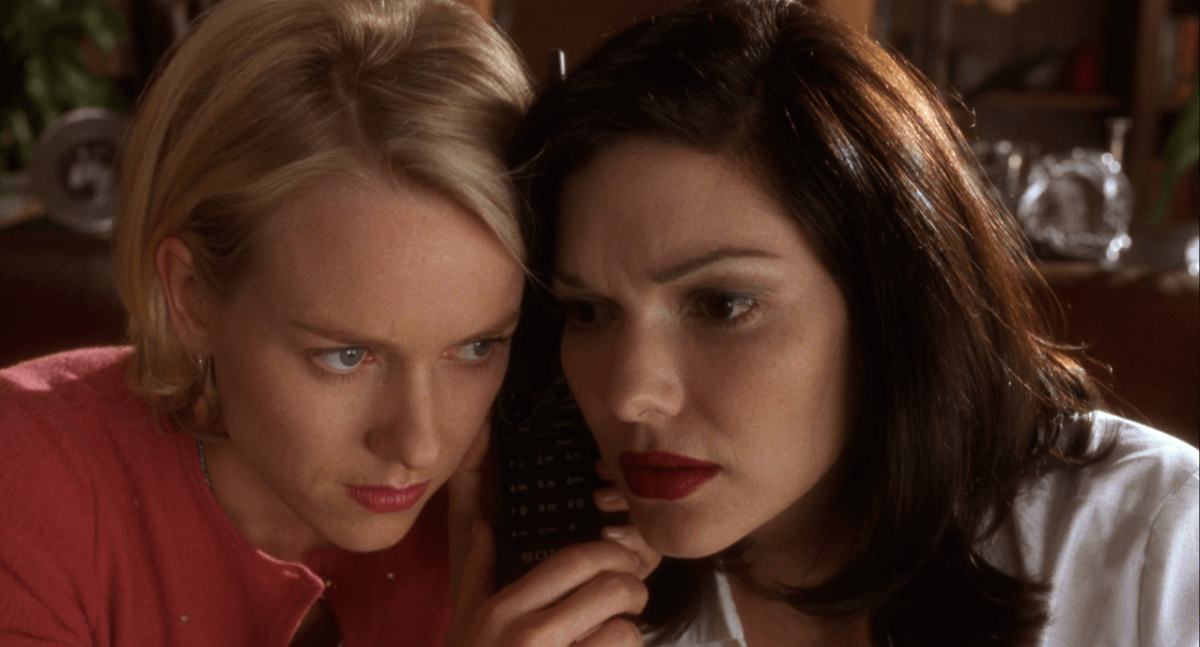
Criterion Collection
Follow Matt Prigge on Twitter @mattprigge





